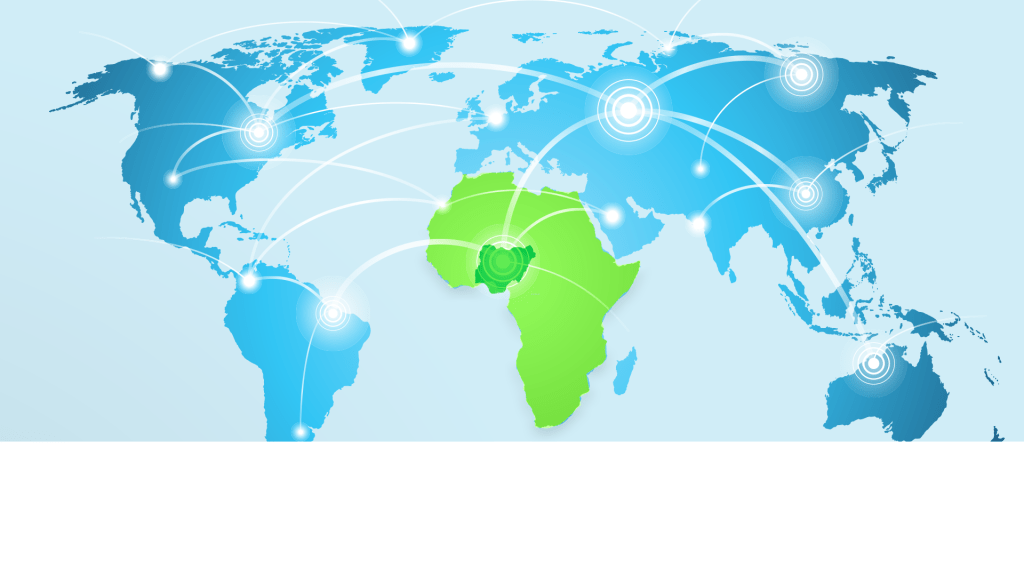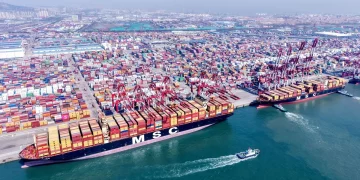The WTO’s Global Trade Report
A Call for Reduced Trade Expenses Amidst Global Pivots
On September 9, local time, the World Trade Organization unveiled its ‘World Trade Report 2024,’ highlighting geopolitical tensions, technological revolutions, and climate change as key factors reshaping the trade-led development paradigm. While these elements present new challenges for global economic integration, they concurrently offer novel opportunities.
Income Inequality and Globalization
Addressing the Skeptics
The report addresses concerns over persistent income inequality, which is fueling debates about globalization’s role in development and inclusivity. Despite trade being instrumental in global economic integration and poverty reduction, not all individuals, regions, and economies have benefited uniformly. High trade costs and limited diversification emerge as barriers to convergence, with some economies constrained from fully capitalizing on globalization due to domestic and foreign tariffs, regional disintegration, outdated digital infrastructure, geographic remoteness, and institutional fragility.
Opportunities and Diversification for Low-Income Economies
Expanding Access Amidst Standards and Compliance Challenges
Low-income exporters often lack the ability to adhere to the standards and technical regulations of foreign markets, challenging their capability to exploit preferential entry into larger markets. Simultaneously, economies with a lack of diversity in production and exports miss leveraging trade as a catalyst for development. The WTO analysis underscores that a diminution in trade costs from 1995 to 2020 has expedited the income convergence between middle-low and high-income economies by 20% to 35%.

The Imperative to Lower Trade Costs for Future Opportunities
Strategies for Embracing Diverse Global Value Chains
The report emphasizes the essence of reducing trade costs to leverage trade-oriented growth in the face of unfolding opportunities. Diversifying global value chains, expanding service trade, and evolving trades in crucial minerals for renewable energy and climate technology present new opportunities for middle-low income economies. However, to capitalize on these opportunities, it is imperative to address service trade costs, bridge digital divides, and tackle regulatory competency and compliance issues.
Improving Market Access and Addressing Subsidies
Navigating Tariffs, Subsidies, and Domestic Challenges
It’s also essential to address market access improvements for low-income economies into high-income and emerging markets, including overcoming tariff escalations on processed goods and distortive trade subsidies. Additionally, trade barriers stemming from inadequate domestic infrastructure or systemic challenges require resolution.
A Comprehensive Strategy for Inclusive Trade
Combining Open Trade with Supportive Domestic Policies
In confronting these challenges, the report underscores the necessity of formulating a comprehensive strategy that marries open trade with supportive domestic policies aimed at enhancing trade inclusivity. This includes vocational training, unemployment relief, education for a more skilled and mobile workforce, competitive policies ensuring consumer benefits from lower prices, reliable infrastructure, and well-functioning financial markets. “Reducing trade costs, bridging digital divides, and updating WTO rulebooks to reflect the growing importance of service trade, digitalization, and green sectors is essential,” the WTO states.

































